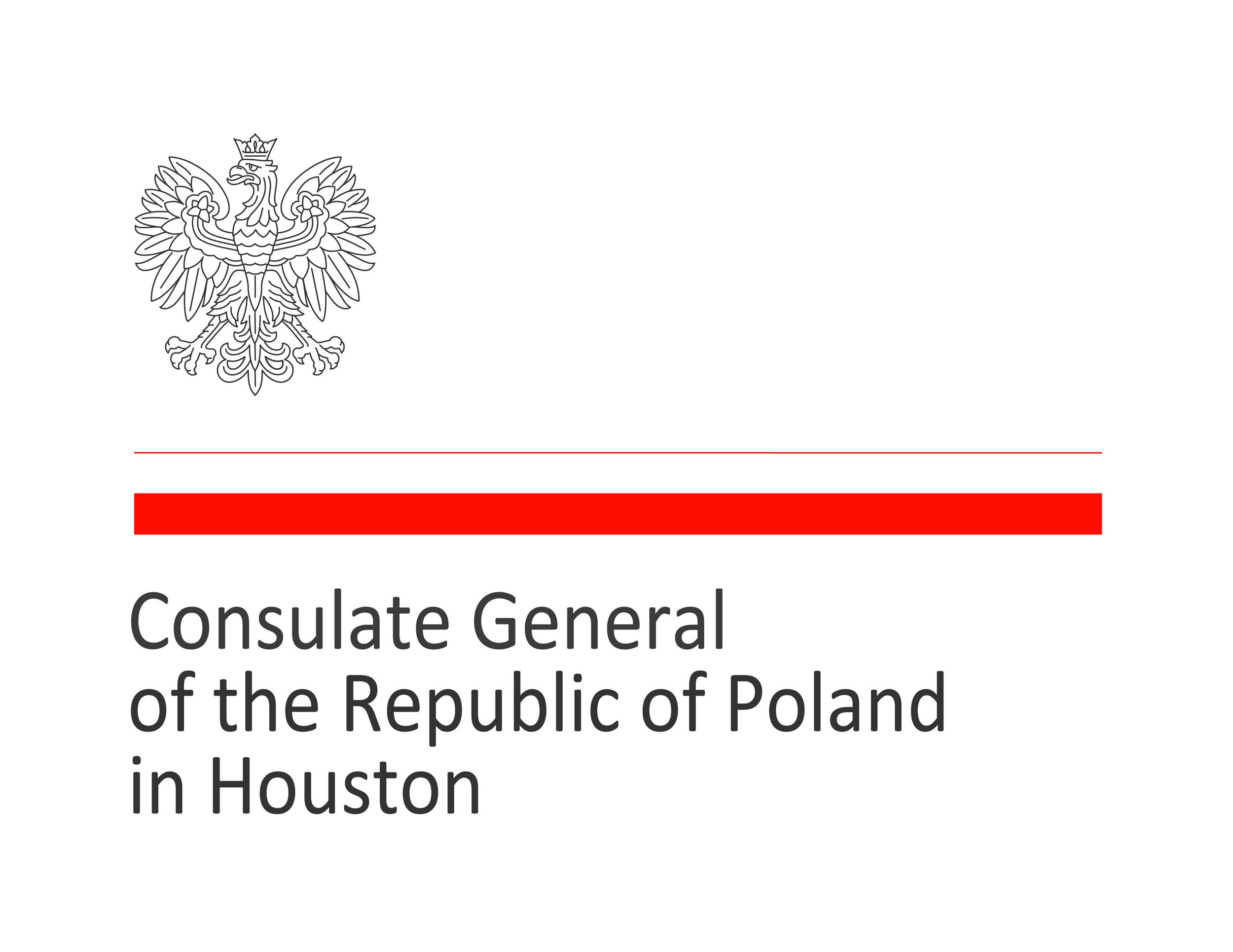A Political Thriller Jack Strong Review - don't miss it at APFF on Oct. 25
/Review by Shelly Lay
Suspense is the name of the game for Polish director Władysaw Pasikowski, who has a knack for bringing to life controversial and damaging events in Poland’s recent past. In his 11th film Jack Strong, Pasikowski examines the true story of Ryszard Kukliński, a Polish colonel who turns to espionage to save his country from nuclear disaster during the Cold War. Responsible for supplying the United States CIA with valuable documents dealing with top-secret plans from Moscow, Kukliński became a crucial figure in the success of dismantling the USSR’s plans of complete Western destruction. The film spans the entirety of Kuklinski’s time as a spy from 1970 to 1981, but does not stop there. First released in 2014, Jack Strong takes a look not only at the on-goings of Kukliński and the Polish Army under supervision of the Russian government but also the attitude of various loyal Polish officers and youth towards the Soviet takeover of Poland.
Pasikowski conjures a sense of awareness of the severity of the situation Poland was facing during the Cold War through the rapid progression of the events in which Kukliński participates. After facing disappointment from his organization of the plans for the Warsaw Pact to invade Czechoslovakia in 1968 and the massacre of Polish protesters in 1970, Kukliński makes the executive decision to contact the United States Army to do what he can to save his country from imminent destruction at the hand of nuclear annihilation. His actions against Moscow eventually catch up with him and begin to affect his family and their safety. You are left on the edge of your seat as Moscow officials become suspicious of a mole in Warsaw and start to narrow down who it could possibly be, with Polish officials doing the same. Will Kukliński be found out by the Polish counter-intelligence? Will his family pay the consequences of his actions?
Throughout the first half of the film viewers are immersed in the game of figuring out who is loyal to whom. Jack Strong begins with a scene that burns a sense of uncertainty and fear into the audience as it provides an example of the consequences that face Kukliński should he be found out. Anticipation builds as the film progresses with some moments where Kukliński is nearly caught in the act and the transition from severe scenes to those that are more upbeat. These cinematic devices serve to move the story of the film along without creating stale moments and also emphasize the types of danger the protagonist faced throughout his career as a spy. In addition to the focus on foreign intelligence, the film builds up the relationship between Kukliński and his son Bogdan that works on two levels. On one hand it creates an image of Kukliński with softer edges who cares deeply for his family and, like many other fathers, has difficulties with raising his troubled son. In another way, the film inadvertently sheds light on the attitudes of Polish youth toward their home army, who were split between obeying orders from Moscow and maintaining their Polish heritage and honor.
Pasikowski uses a minimalistic soundtrack of simple instrumentation in just the right places. It serves to make the film feel more realistic, without the overwhelming distraction of unnecessary sound. The language that is spoken changes throughout the film depending on the location from Polish and Russian to English. These transitions in language add a sense of authenticity to the progression of the conflicts between the aforementioned countries. The location of the film and the costume of the characters work together in order to create a convincing step back in time.
While this film is not to serve as the definitive story of Ryszard Kukliński, it does shed light on the underlying conflict that divided Poland in the aftermath of World War II. For Americans, the Cold War consisted of fear mongering and suspicion around the activities of the USSR, but for citizens of Poland and other Communist entities, the problem was much more complex. Jack Strong serves as a reminder of the sobering realities faced by those caught in the middle of the conflict between the Western powers and the Communist regime, and captures the risks some were willing to take in order to better serve not only Poland but the safety of her citizens. Władysaw Pasikowski effectively combines all aspects of filmmaking to create this nail-biting thriller that should not be missed.











